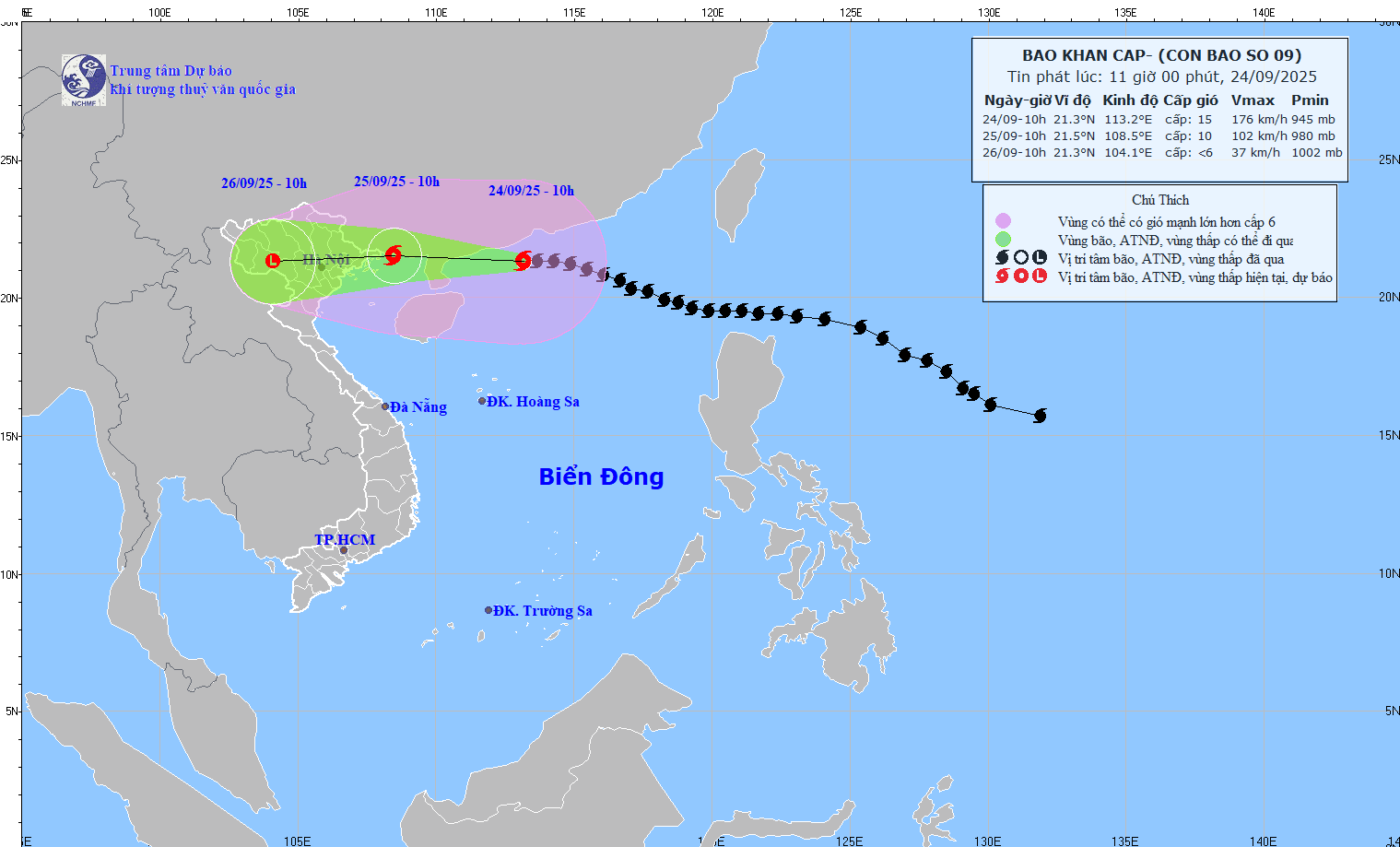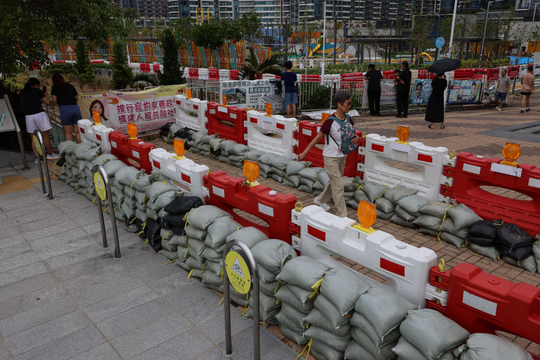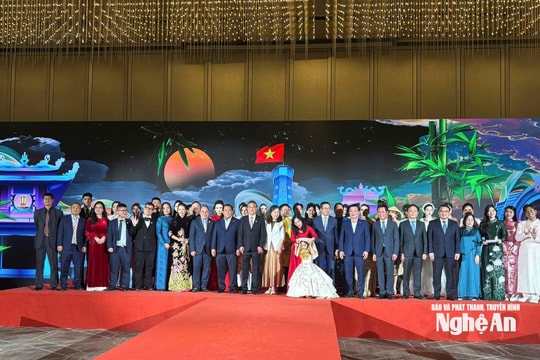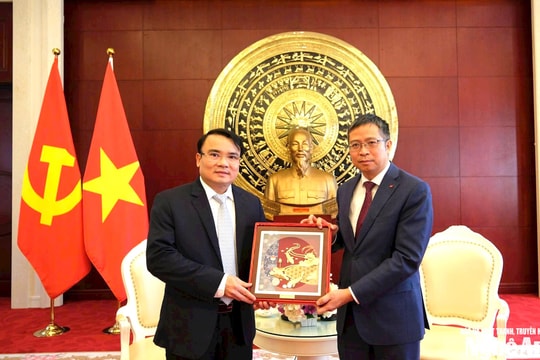China and Australia no longer have substantial economic relations?
(Baonghean) - Political relations between Australia and China have deteriorated over the years, but bilateral trade relations have grown strongly during that time. However, the Covid-19 outbreak seems to be changing the nature of this relationship.
Economic domination
After announcing a ban on beef imports from four Australian abattoirs, China has imposed more than 80% tariffs on barley imports and may target other products in the future. Unnamed sources said Chinese officials have compiled a list of potential products that could be targeted for Beijing to implement measures such as tighter quality checks, anti-dumping investigations or tariffs, adding steps or delaying customs clearance procedures, and even using state media to call for consumer boycotts. Australian observers predict that products such as wool, wine, fruit and milk will be the next to face difficulties when exporting to the Chinese market.
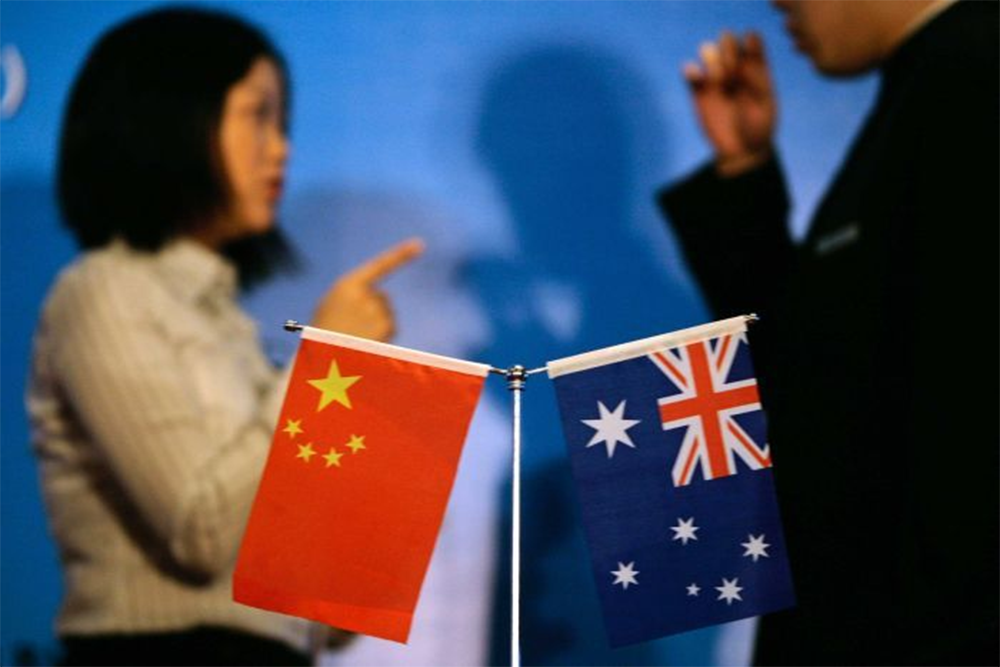 |
| China-Australia relations have become strained due to the Covid-19 pandemic. Photo: Reuters |
Thus, the trade relationship between China and Australia has officially entered a challenging phase, although Canberra has affirmed that it will not let the tension turn into a tariff war. This is an unusual development in the trade relationship between the two countries in more than a decade.
In terms of political relations, Australia and China have been in a “frozen” state in recent years as strategic conflicts have increased. Not only have there been a series of bilateral conflicts, but as a close ally of the US, Australia has always sided with Washington on many issues to counter Beijing.
Interestingly, in such a context, bilateral trade relations are still growing strongly. China has become Australia's largest trading partner, with two-way trade reaching more than 230 billion AUD per year. Deep down, China really needs the high-quality but competitively priced raw materials that Australia can provide. In return, Australia also benefits from exporting a range of products from technology to agricultural products to the world's most populous market.
These mutual benefits have led to the perception that Australia and China have a genuine economic relationship, not dominated by political tensions. However, the Covid-19 pandemic has emerged with many problems, starting to attack the "quiet territory" in the relationship between Canberra and Beijing.
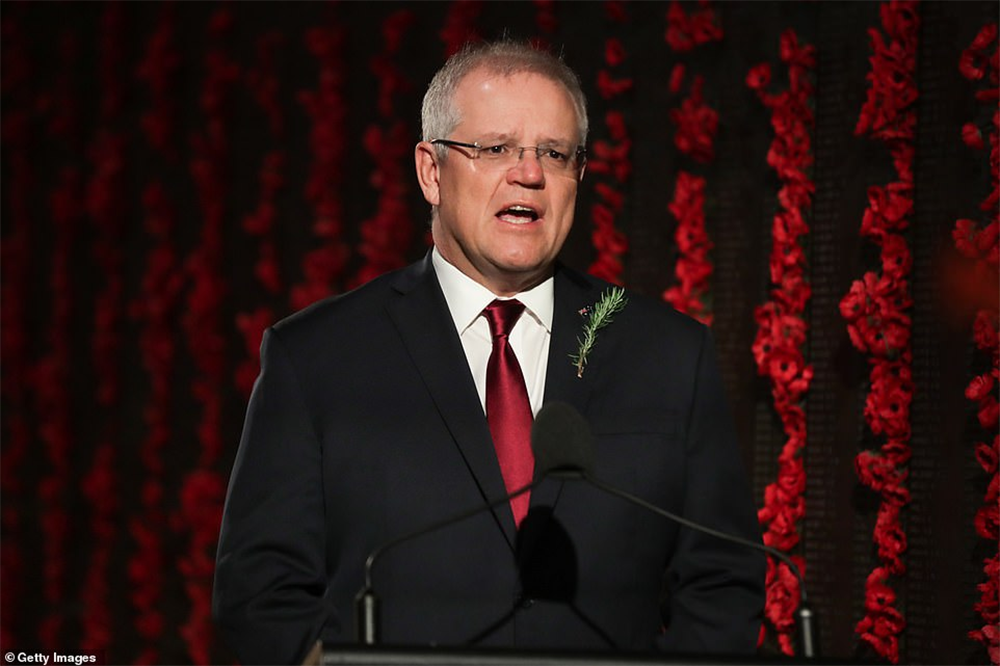 |
| Australian Prime Minister Scott Morrison has repeatedly called for an investigation into the origin of Covid-19 and China's handling of the outbreak. Photo: Daily Mail |
Although Australian officials have so far denied that China is retaliating for Australia's call for an investigation into the origins of Covid-19, independent observers seem to be leaning towards this possibility. Former Australian Foreign Minister Alexander Downer also said that it appeared China was trying to punish Australia over the call for an independent investigation into Covid-19.
The current trade tensions have also made many Australians realize that it would be too risky to have a close relationship with the Chinese economy and raise the question of how to reduce dependence on the world's largest market.
Prime Minister Scott Morrison's government has now begun to look for new markets outside of China. India is one of the ideal alternative markets. According to the plan, the Australian Prime Minister visited New Delhi in January, but the Covid-19 epidemic prevented this plan. Currently, the two countries are trying to negotiate to sign defense agreements and military technology projects. Education and agriculture are two areas that Australia wants to promote in the South Asian country market. The current situation may be a driving force for Canberra to increase its search for new markets.
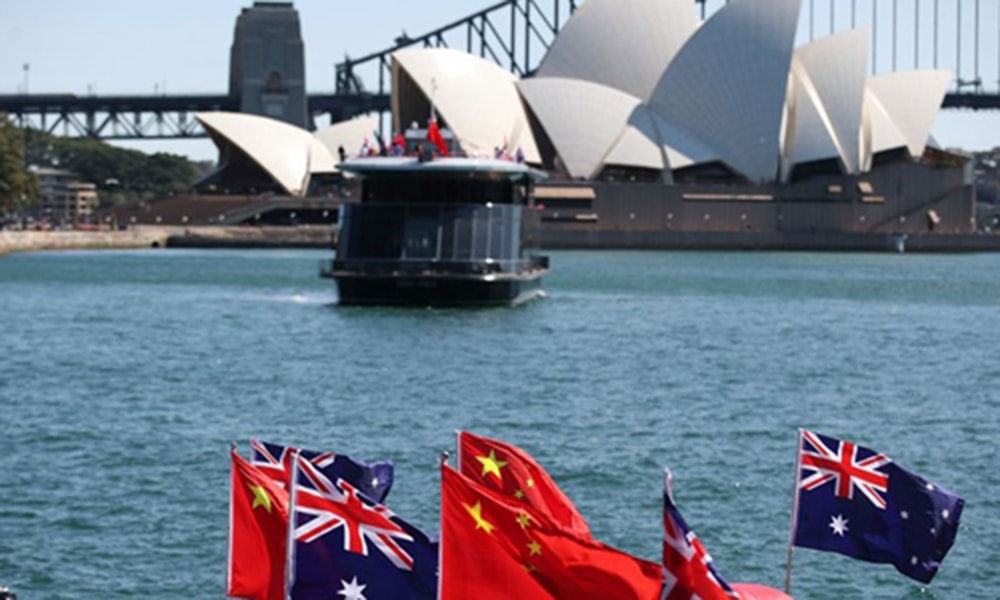 |
| The Chinese and Australian flags at an event in Sydney in 2019. Photo: Xinhua |
Two birds with one stone
Experts say the current trade tensions between China and Australia have a political element that is entirely understandable. If you pay attention to the timing of China's imposition of tariffs on Australian barley imports, it seems that this is no coincidence. A year and a half ago, the Chinese Ministry of Commerce conducted an investigation and concluded that Australia had dumped and caused significant damage to its domestic industry. However, China's decision to impose tariffs on barley now suggests that Beijing wants to send a strong message to Canberra, while also hinting that stronger measures may be taken in the future.
A Bloomberg source even said that Beijing's final decision on further actions has not been made yet and any measures taken by China will depend on how Australia reacts to Beijing's opposition to the Covid-19 investigation. Remember, when tensions between the two countries escalated, Chinese officials threatened to boycott imported goods from Australia. Later, Beijing announced that it would stop importing meat from four major Australian beef producers for "technical" reasons.
 |
| Barley is one of Australia's main exports to China. Photo: AFP |
China’s tariffs on Australian agricultural products will have a significant impact on the country’s agricultural sector. China imported 2.5 million tonnes of barley from Australia last year, down from a peak of 5.9 million tonnes in 2016-2017, but still a significant amount. Data shows that China accounted for more than half of Australia’s barley exports in 2019. With Beijing’s recent 80% tariff on barley, Australia is expected to lose up to $500 million.
Observers say that China’s recent moves in trade, in addition to “teasing” Australia, also want to send a message to other US allies. President Donald Trump is the pioneer in calling for an investigation into China’s origin of the Covid-19 epidemic. He is followed by US allies, including Australia. China has reacted strongly because it needs the simultaneous effect of warning Australia and deterring other countries.

